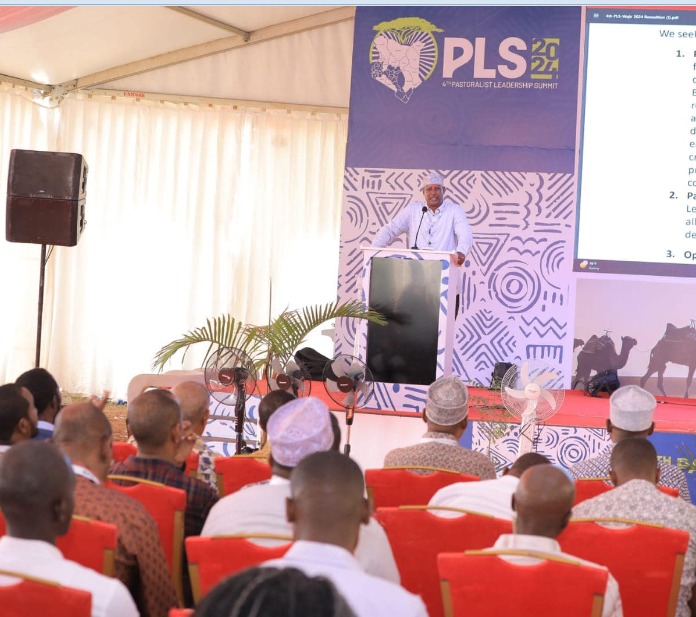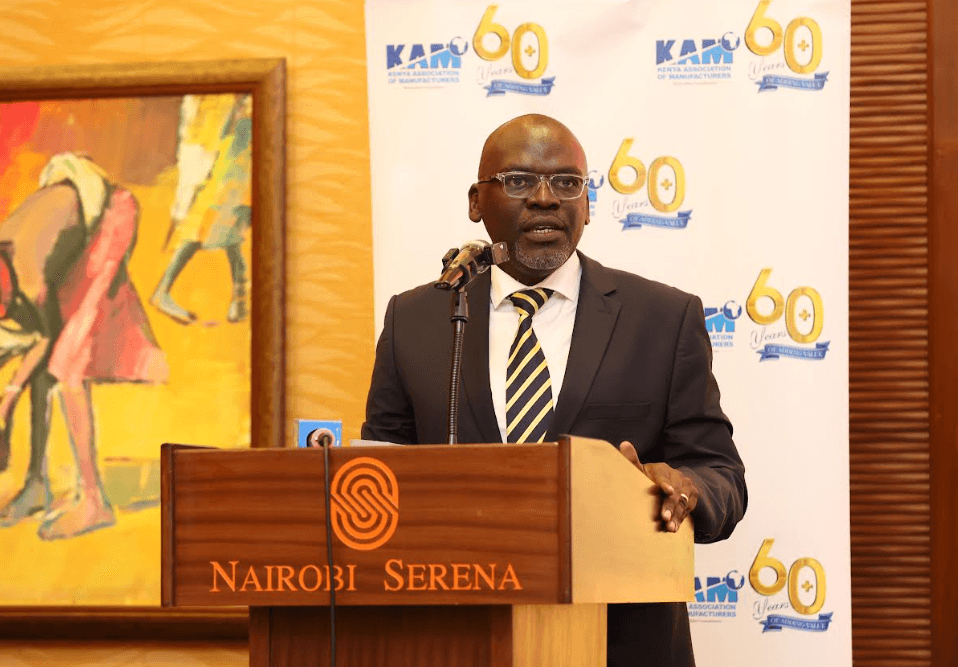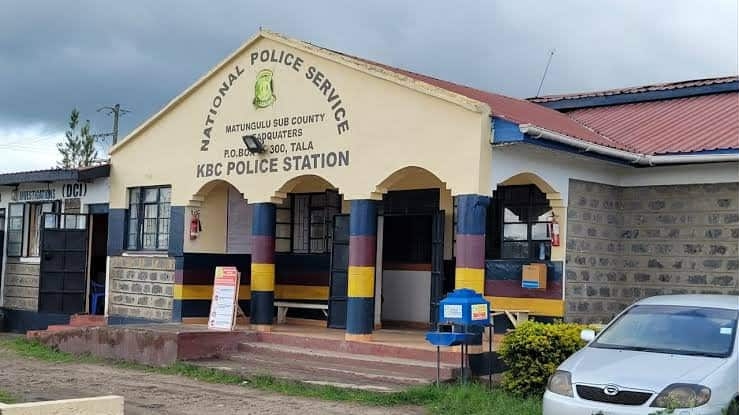
Leaders from pastoralist communities have raised the alarm over the growing education crisis in arid and semi-arid lands, where 1.9 million children are out of school.
They have blamed the pastoralist communities nomadic lifestyle for the problem.
Saku MP Dida Rasso, the patron of the Pastoralist Parliamentary Group, on Tuesday urged President William Ruto to strengthen the National Council for Nomadic Education in Kenya (Naconek).
He said the council’s mandate, which was established in 2015 to address education challenges in arid and semi-arid areas (ASALs), must be fully empowered to tackle the issue of out-of-school children.
“The nomadic lifestyle, which re quires families to move in search of water and pasture, presents unique challenges to education.
As a result, 1.9 million children across 15 pastoralist counties are missing out on education,” Rasso said. He spoke at the Pastoralist Leadership Summit in Wajir town.
The legislator called for the construction of more boarding schools to ensure children remain in school during their families’ migrations.
In addition to boarding schools, Rasso emphasised the need for increased funding for school feeding programmes, which are essential to improving retention rates in ASAL areas.
Farah Maalim, the MP for Dada ab and a member of the Pastoralist Parliamentary Group, described the large number of out-of-school children as a “time bomb” that requires immediate action.
He echoed Ras so’s call for Naconek to be empowered to implement the recommendations of the Presidential Working Group, which include integrating Islamic Duksi education with formal schooling to improve enrolment.
Maalim also highlighted the escalating issue of drug trafficking, which he believes is contributing to the high dropout rates.
“Our region is flooded with drugs and this is a major driver of school dropout rates. We call on the government and security agencies to remain vigilant and take action against this growing problem,” he said.
The summit also called for the
allocation of more resources to
programmes aimed at improving
education access for pastoralist com
munities and ensuring no child is left
behind, regardless of the challenges
posed by the nomadic way of life.

















